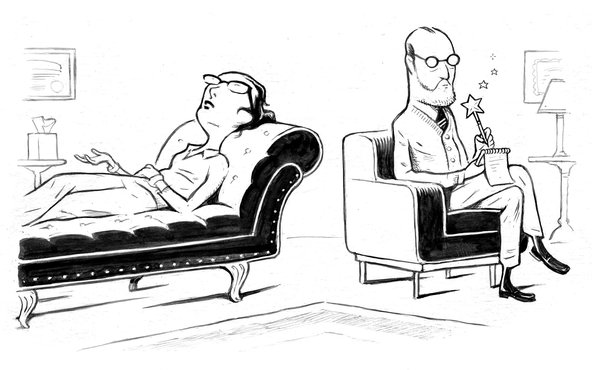It’s a well known fact that going to therapy carries with it a heavy and burdensome stigma in Egypt and the rest of the Middle East. A stigma so great, in fact, that it can often prevent people from seeking the help they need.
And then there’s the practice of counseling itself. We all have our ideas of what a therapist does – but would it surprise you that most of those preconceptions are false? We picked the brain of Neveen Hashem, psychotherapist and founder of Insight: Counseling and Integrative Health, to get a better understanding of psychotherapy and its value for a person’s well-being.
Without further ado, here is Neveen’s list of misconceptions about being a therapist:
1. Psychotherapists have their own lives all worked out. They are always happy, they live the perfect lives, have the perfect relationships and raise the perfect kids.

Therapists are human. They have their problems and shortcomings. They yell and scream and call their non-therapist friends for support when they need them.
Just like the people we work with, we are also on a long journey toward health and growth. Those who grow into effective therapists have gone through their own therapy. They have traveled through the most vulnerable places inside of themselves, faced the toughest of experiences at times and learned to care for themselves before offering it to others.
We go through our ups and downs just like any other human being.
2. Therapists can figure you all out after a five-minute chat.
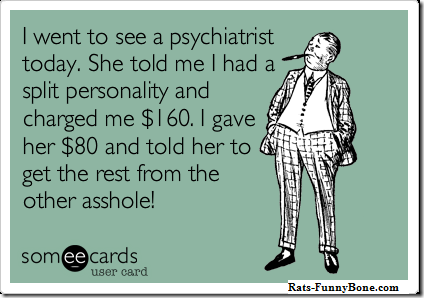
Disappointing as this can be, we’re not mind readers. No therapist can “figure anyone out” unless we’ve know that person for a while. Most people assume that we have some sort of a “manual” by which we can not only understand people in no time, but also assume what they are like and what their lives are about.
3. Therapists psychoanalyze everyone they meet on a night out.
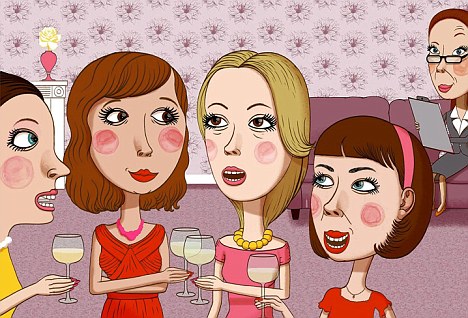
Trust me, we don’t. When it’s a night out, it’s a night out.
Unless you’re walking around screaming your lungs out for no apparent reason or talking to the person next to you who doesn’t seem to be there, we probably won’t even notice.
4. Therapists prescribe medications.

Therapists are not medical school graduates. We don’t prescribe medication unless we acquire a license to. Most of our work is done through talking.
However, if at any point a client is required to be on medication, we refer them to a psychiatrist in parallel to the work we do with them.
5. Therapists will turn you into someone else.
They don’t. They will help you achieve the goals you want, and live the life you want, not the life that they think you should live.
6. A psychotherapist will fix me and give me advice on how to lead my life because the therapist is an expert.
Therapists are no experts who never give advice – initially, because we don’t want clients to become dependent on us and, secondly, because what is right for one person might not necessarily be right for another. Everyone is different.
7. Therapists will make the clients dependent on them.

We help clients take full charge of their lives and become “their own therapists”.
Some clients may develop a dependency on their therapist, but when that happens, it is usually an indication that the person might have a dependency issue, which would be part of the work they do with their therapist.
8. If they don’t prescribe medications, they certainly won’t be of help.
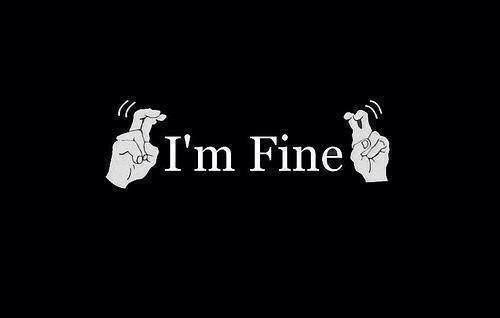
Most people underestimate the power of “talk”. Talking helps clients develop insight, and telling a story does help individuals see things differently. Consequently, it is considered a kind of release for a lot of bottled up experiences and emotions.
Secondly, what’s the use of putting someone with a broken arm on painkillers if they won’t have a cast on their arm?
9. Going to a therapist means I’m “crazy” or weak.

You can’t judge a person for wanting a better life, really, or for wanting to break out of a certain habit or pattern. People go to therapy for many reasons, whether it’s depression, anxiety, grief or it could be as simple as wanting to better cope with stress or life changes.
Everyone needs support, but our beliefs and cultural misconceptions are what get in the way of seeking help.
10. A therapist can help you only if they’ve experienced the same thing.
I have heard this one a lot, especially working in the field of substance abuse. Sharing the same experiences is just one path to understanding. When someone in pain comes in – whatever kind of pain they’re experiencing – they only need to feel heard and understood, especially if they have been misunderstood before.
Most therapists are trained, educated and experienced to handle the problems clients bring in, and that’s why different therapist are specialized in different types/areas of psychotherapy.
11. A “good” therapist has to be over 40, otherwise he/she isn’t experienced enough to help you.
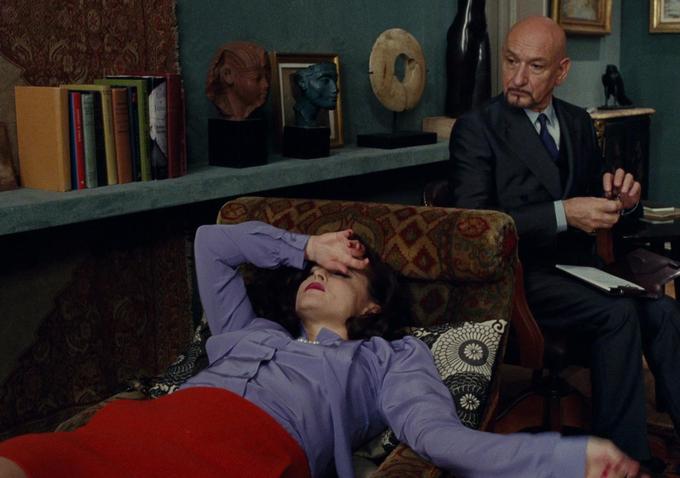
People tend to place a huge importance on the practitioner’s age. I have heard so many clients over the years ask about my age and question my ability to offer them help or support, only to eventually realize that it’s not the age that matters, neither is it my personal experiences, but rather the right education and training in the field.
WE SAID THIS: For more information about therapy, don’t miss our interview with Neveen about beach therapy and holistic health, Mental Health Resources In Egypt and Animal Therapy in the UAE.


